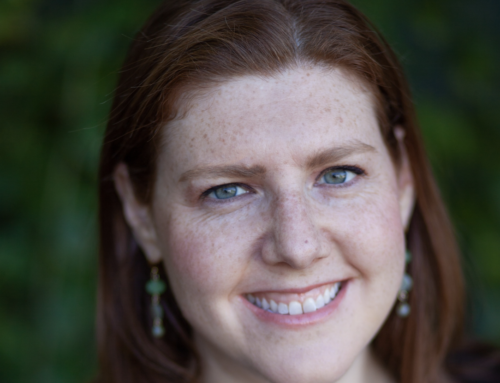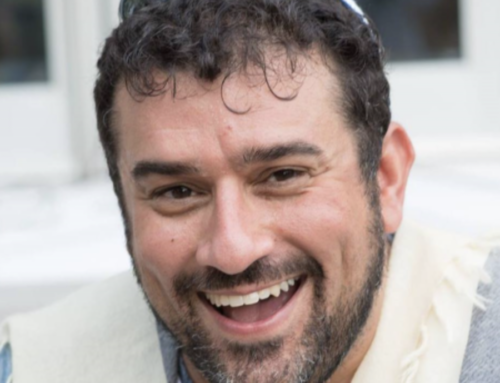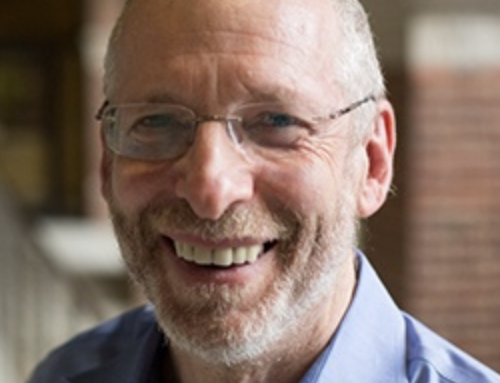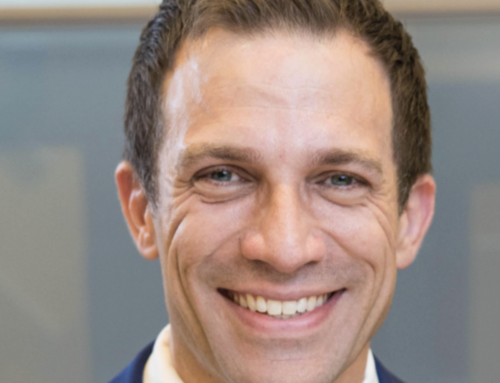During World War II, the Nazis gave the leaders of the Greek island of Zakynthos 24 hours to write up a list of their Jewish citizens and their assets. This was the norm throughout Greece.
Bishop Chrysostomos and Mayor Lucas Carrer returned the list before the deadline, but just two names were written: their own, with a message stating, “If you harm these people, we will go with them and share their fate.”
Meanwhile, a massive operation took place to hide the Jews in villages, farms and the homes of Christians. More incredible still, in the months that followed under Nazi occupation, no one betrayed the Jews or confessed to knowing where they were hiding. Consequently, not one single Jew of the 275 that lived on Zakynthos was deported to the concentration camps.
Why do you do good deeds? To do the right thing for its own sake, or to do the right thing in the eyes of others? In public, we usually judge our actions by how others judge them. We are blessed to live in societies where performing good deeds generally improves a person’s image, but our private actions reveal how much our moral compass is our own.
This Shabbat, we read that Aharon entered the Temple alone on Yom Kippur and we similarly isolate ourselves on this day. Genuine self-reflection can only take place when we are alone, left to consider what truly motivates our actions.
87% of the Jews of Greece were murdered in the Holocaust, yet 100% of the Jews of Zakynthos survived. The righteous citizens of Zakynthos were a rare phenomenon; a group of people whose motivation for doing the right thing outweighed their motivation for doing the right thing in the eyes of others, living in a time and place when which of these two motivations was stronger had life-saving significance.





